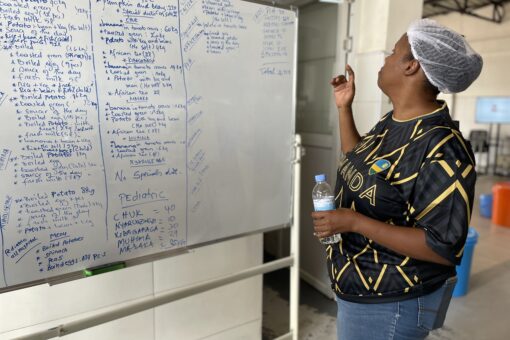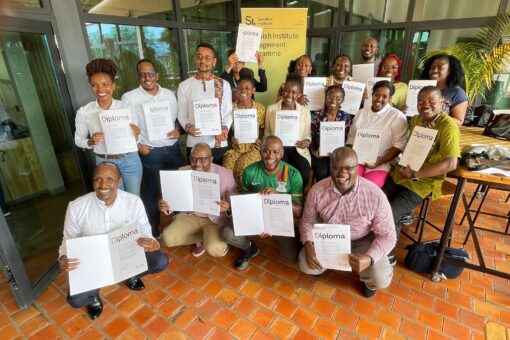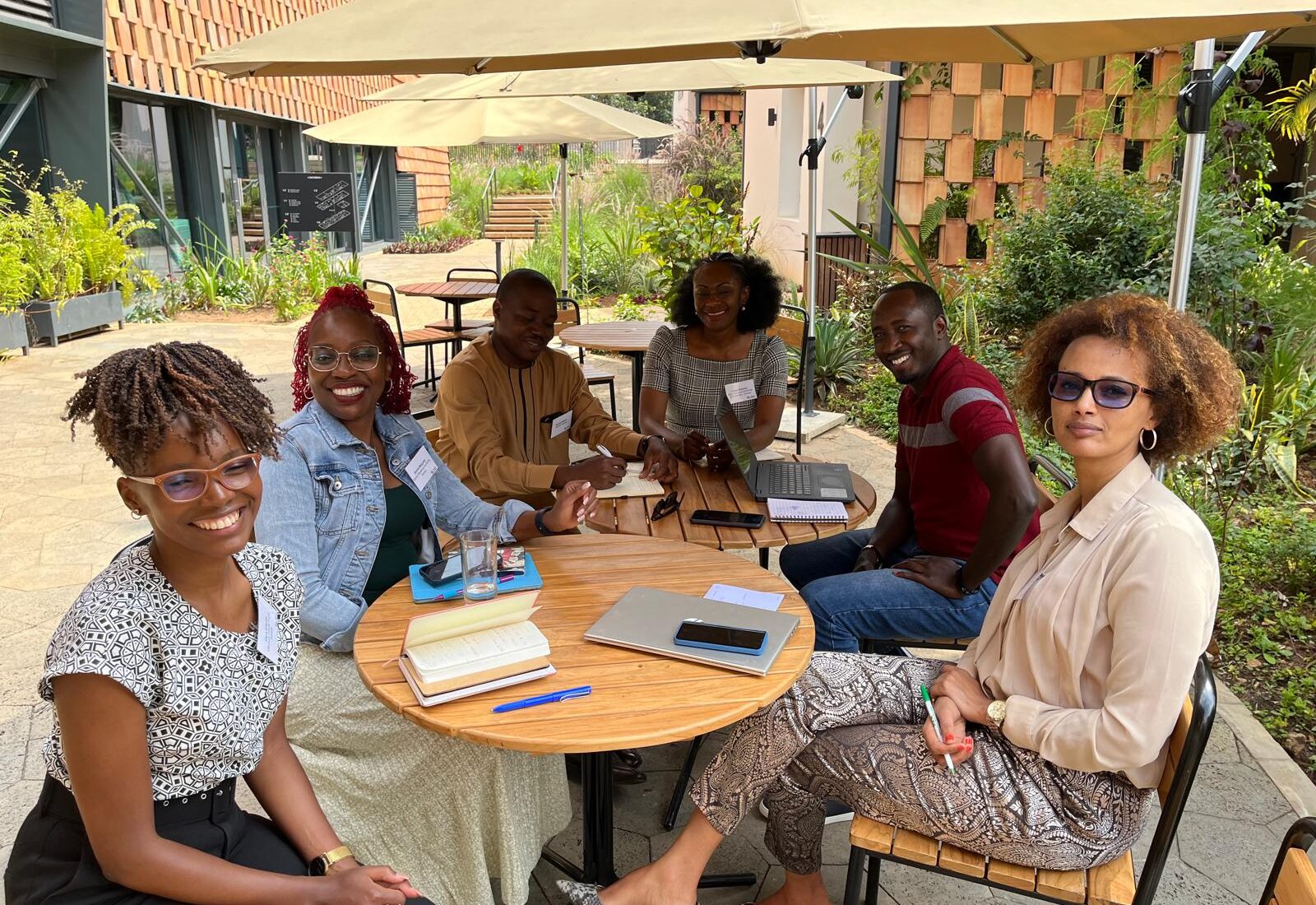Reheema Konza is the founder of WEEDO-Women Empowering and Entrepreneurship Development Organization, Tanzania. Providing girls with basic life and job skills and opportunities is why WEEDO was created. Girls are encouraged to work hard and learn new skills such as basic accountancy and tailoring. This is provided in an environment where the girls wider needs, and welfare can be supported – starting with enough food and a safe place to sleep. WEEDO has a track record of transforming the lives of the poorest girls and doing so cost effectively and sustainably. Girls leave WEEDO with skills sufficient to support themselves and make informed choices. Reheema’s project aims to build partnerships with at least five organization or companies that do or provide trainings on skills outside of WEEDO’s existing services, both to provide training and apprenticeships and also to serve as potential employers for the girls once they have completed their training at WEEDO. SIMP has had an important impact in the development of Reheema’s organization, she shares.
– SIMP has been life changing. Through the methodologies we learnt I’ve understood how I through working with diverse partners can expand the impact my organization is able to make.
An important aspect of this SIMP module, was the possibility to include SIMP Alumni from Rwanda in the programme itself. They were there to present real case challenges from their organisations, for the participants to work on.
Isabelle Kamariza is the founder of Solid’Africa. Isabelle was in the program in 2015, and back then had a small social impact business. Through SIMP she was able to complete a sustainable business plan, that then worked as a base for getting finance and further growing the business. Solid’Africa is a social enterprise founded in 2010 to tackle nutrition insecurities in public hospitals because food is not included in healthcare insurance, leaving 38.2% of the population who earn less than $2/day in a precarious situation during their hospital stay.
Since inception, over 4,923,146 meals have been served to over 406,430 patients. Solid’Africa provides medically tailored meals three times a day to 1,235 patients, cooking 3,705 meals for patients daily in their industrial kitchen. Solid’Africa grows its own produce on a 21ha land donated by the government. They currently work with 51 farmers of which 37 are women.

In 2022, Solid’Africa harvested 84% of the fresh produce needed to feed patient, a 40% increase from 2021. Thanks to increased harvest and processes in place, they were able to reduce the cost of food by 262% compared to 2021. Additionally, the farms use non-industrial fertilizer. The organization ensures 100% waste reduction at each stage of production and consumption by collecting all food waste in the kitchen and at the hospitals to make natural fertilizer and grow organic crops. Solid’Africa owns an industrial kitchen where they cook medically tailored meals with the help of nutritionists, the kitchen has a capacity of 15,000 meals a day. Solid’Africa has a farm to fork approach, with an own farm growing food for the meals.
The challenge posted to the participants was how to increase the own production of fertilizer from food waste, for SolidAfrica’s farms in a circular permaculture model. Not only did this year’s cohort come up with good advice for Solid’Africa, also opportunities for partnership between Solid’Africa and organisations in this year’s cohort were found.
The meeting finished with a diploma ceremony as the cohorts SIMP Africa experience was coming to an end.

